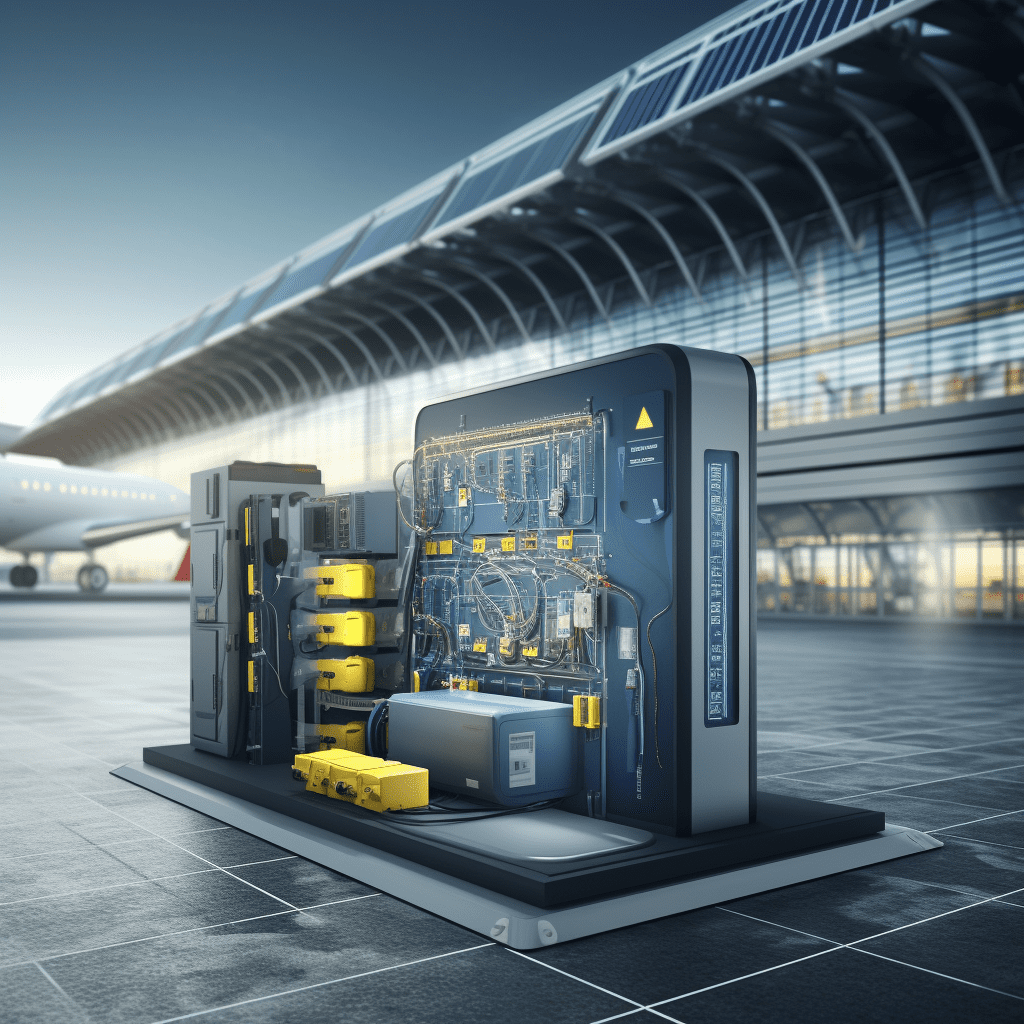International partnerships are crucial for driving energy market development in Burkina Faso, a country facing significant energy challenges. These collaborations facilitate investments, enhance infrastructure, and promote renewable energy projects, ultimately improving access to electricity for citizens. By leveraging international expertise and funding, Burkina Faso aims to transform its energy landscape and achieve sustainable growth.
What Are the Current Challenges Facing Burkina Faso’s Energy Sector?
Burkina Faso’s energy sector faces several challenges, including:
- Limited Access to Electricity: Approximately 60% of the population lacks reliable access to electricity, hindering economic growth.
- Dependence on Biomass: A significant portion of the population relies on biomass for cooking and heating, leading to environmental degradation.
- Inadequate Infrastructure: Existing power generation and distribution infrastructure is insufficient to meet demand.
Chart: Electricity Access in Burkina Faso
| Year | Percentage of Population with Access |
|---|---|
| 2010 | 30% |
| 2015 | 40% |
| 2020 | 45% |
| 2024 | 60% (Projected) |
How Are International Partnerships Supporting Energy Development in Burkina Faso?
International partnerships play a pivotal role in supporting energy development through:
- Investment: Foreign investments help finance infrastructure projects, including power plants and grid expansions.
- Technical Assistance: Collaborations with international organizations provide technical expertise necessary for project implementation.
- Capacity Building: Training programs enhance local skills, ensuring sustainability and effective management of energy resources.
What Key Projects Are Driven by International Collaborations?
Several key projects are being driven by international partnerships:
- Solar Power Initiatives: Projects like the Solar Power Plant in Zagtouli aim to increase renewable energy capacity significantly.
- Hydropower Developments: Collaborations with foreign firms are enhancing hydropower generation capabilities along major rivers.
- Rural Electrification Programs: Initiatives funded by international donors focus on extending electricity access to rural communities.
Chart: Major Energy Projects in Burkina Faso
| Project Name | Type | Capacity (MW) | Status |
|---|---|---|---|
| Zagtouli Solar Plant | Solar | 33 | Operational |
| Bagré Hydropower Project | Hydropower | 120 | Under Construction |
| Rural Electrification Program | Mixed | N/A | Ongoing |
How Do International Agreements Enhance Access to Energy for Burkinabé Citizens?
International agreements facilitate access to energy by:
- Streamlining Regulations: Agreements often simplify regulatory frameworks, making it easier for foreign companies to invest and operate.
- Funding Mechanisms: Bilateral agreements can lead to funding from international financial institutions aimed at improving energy access.
- Knowledge Sharing: Partnerships enable knowledge transfer regarding best practices in energy management and technology deployment.
What Role Does Renewable Energy Play in Burkina Faso’s Future?
Renewable energy is central to Burkina Faso’s strategy for sustainable development. The government aims to increase the share of renewables in its energy mix, particularly solar and biomass. With abundant sunlight year-round, solar energy presents a significant opportunity for large-scale generation that can meet both urban and rural needs.
What Future Prospects Exist for Burkina Faso’s Energy Market Development?
The future prospects for Burkina Faso’s energy market look promising due to:
- Growing Investments: Increased interest from international investors is expected as the government enhances its policy framework.
- Technological Advancements: Innovations in renewable technologies will likely lower costs and improve efficiency.
- Regional Cooperation: Collaborations with neighboring countries can enhance cross-border electricity trade, improving overall energy security.
Industrial News
Recent reports highlight that international partnerships are increasingly shaping the future of Burkina Faso’s energy sector. Notable investments from European and Asian companies are focusing on solar and hydropower projects. The government is actively seeking more collaborations to address electricity access challenges, aiming for a significant increase in renewable energy capacity by 2030.
Redway Expert Insights
“International partnerships are essential for unlocking the potential of Burkina Faso’s energy market. By combining local knowledge with global expertise and funding, these collaborations can drive sustainable development and improve living conditions across the country,” states an energy policy expert.
FAQ Section
Q1: How does international investment impact electricity access in Burkina Faso?
A1: International investment helps finance infrastructure projects that expand electricity access, particularly in underserved areas.Q2: What types of renewable energy are being developed in Burkina Faso?
A2: The primary focus is on solar and hydropower, leveraging the country’s natural resources for sustainable energy generation.Q3: Are there any specific international partners involved in these projects?
A3: Yes, various European and Asian companies are actively involved in financing and implementing renewable energy projects in Burkina Faso.



